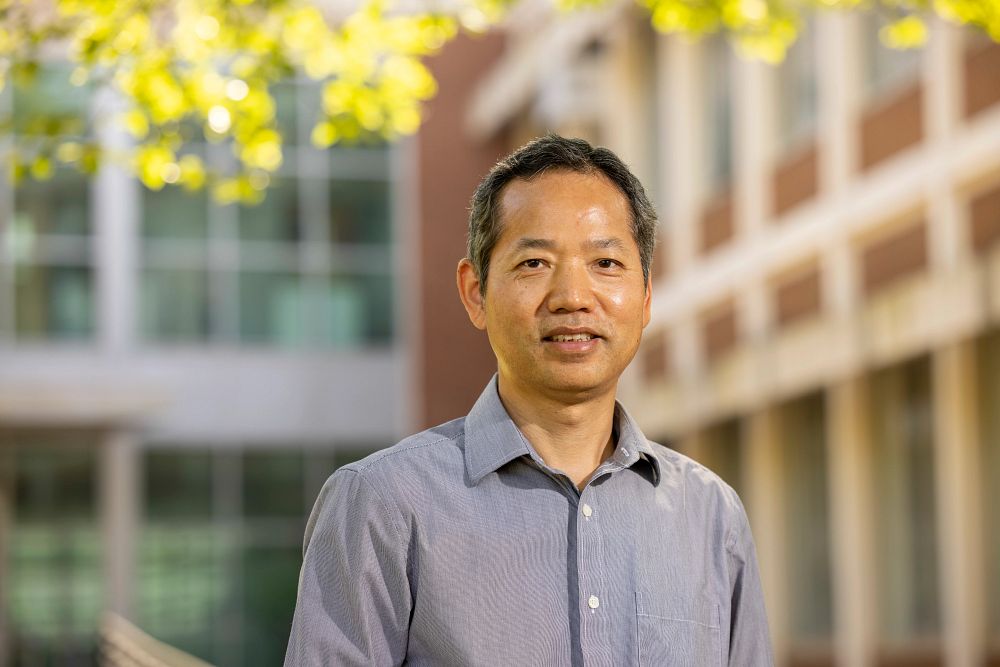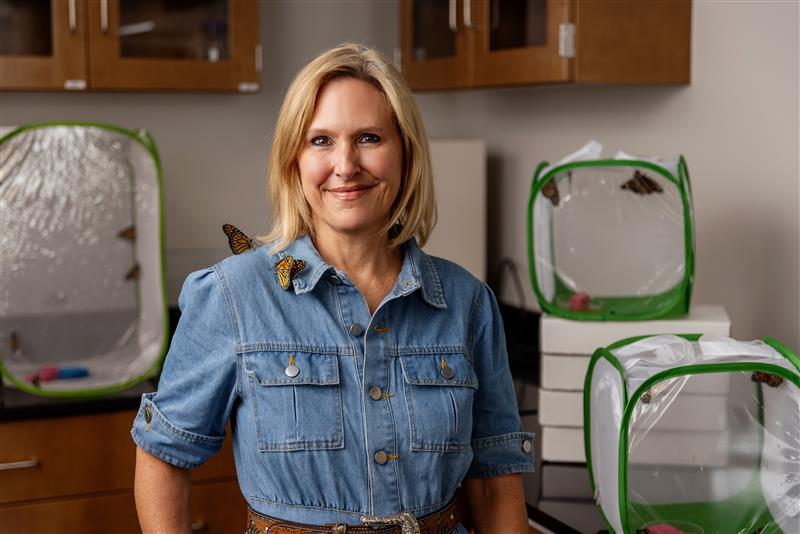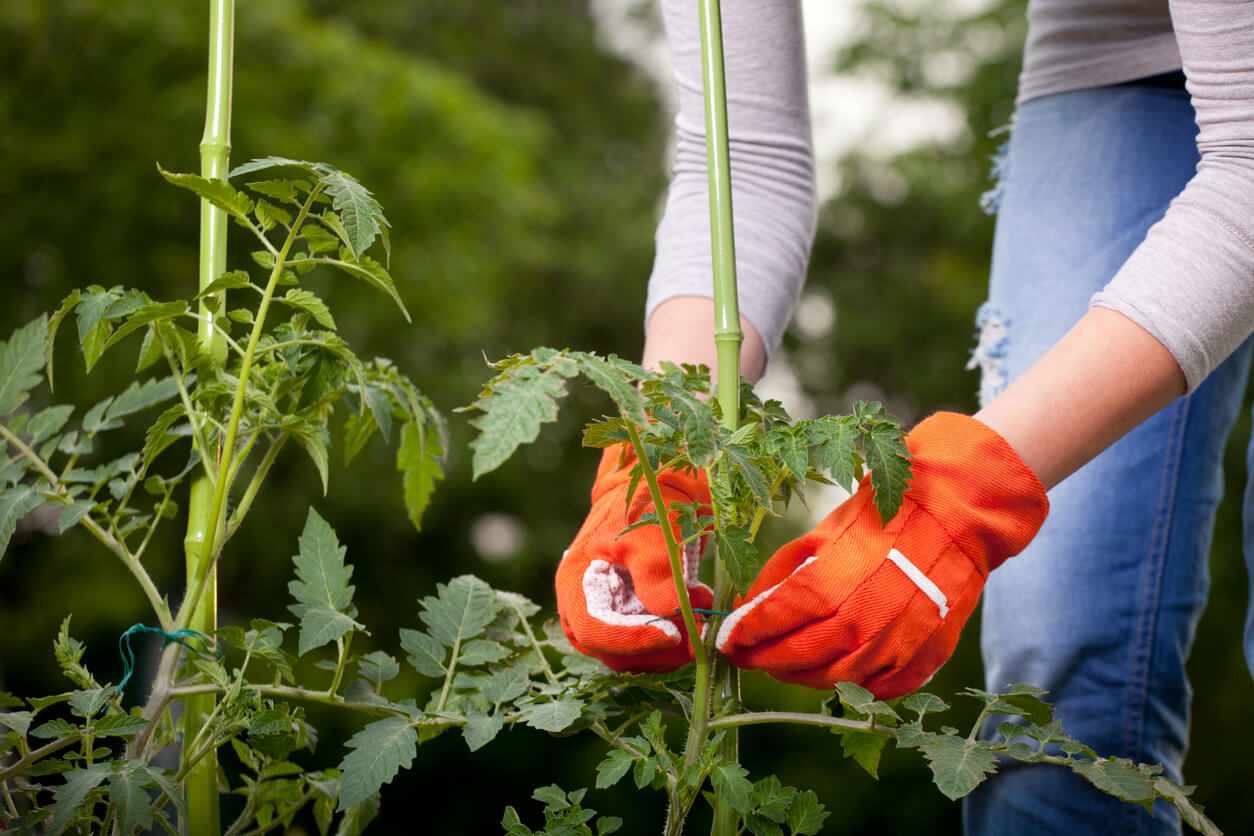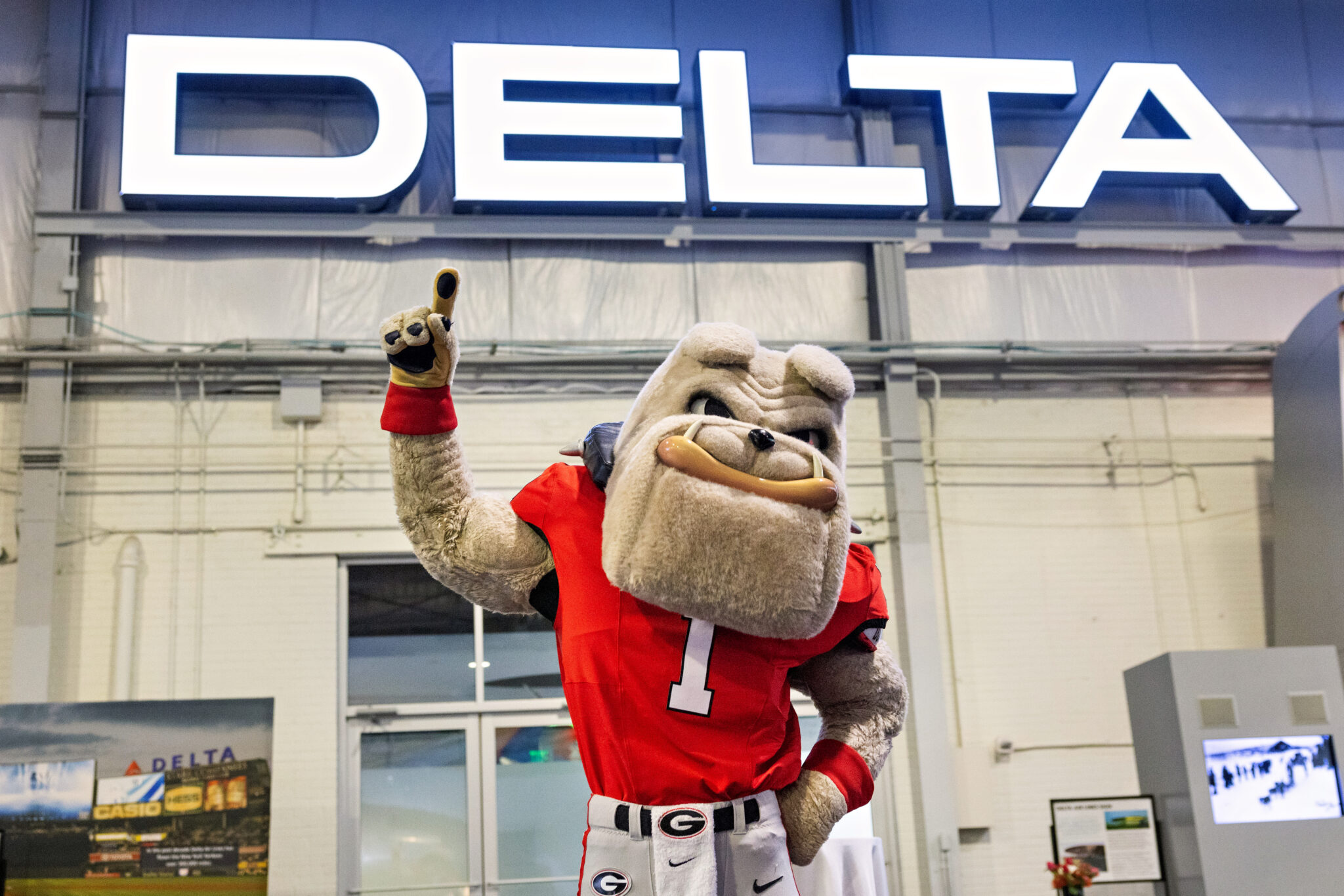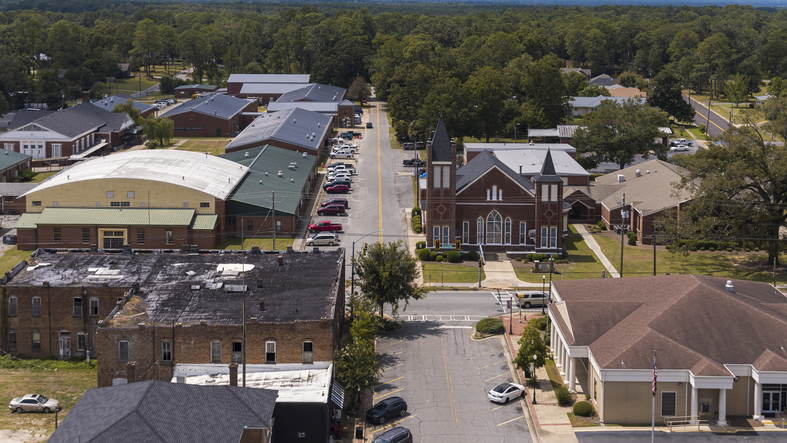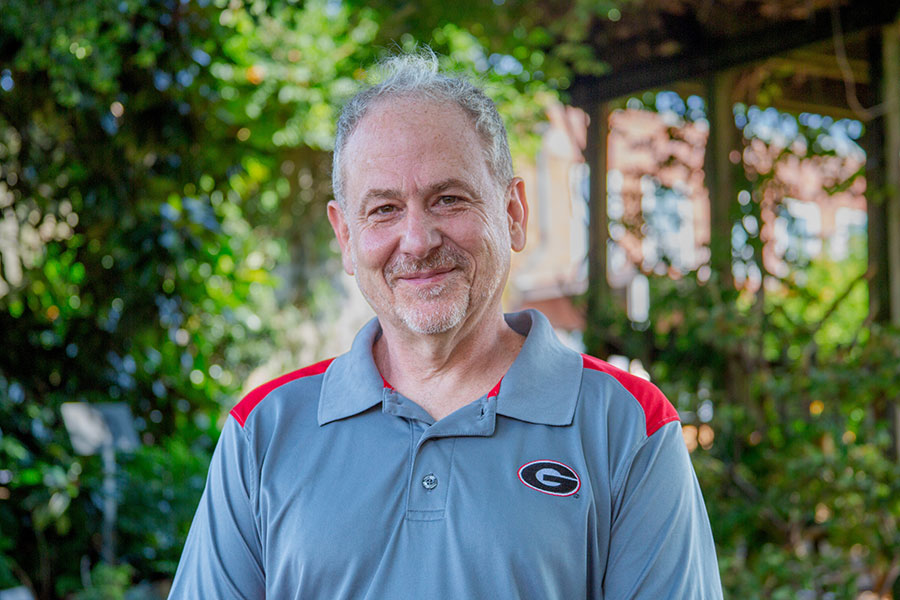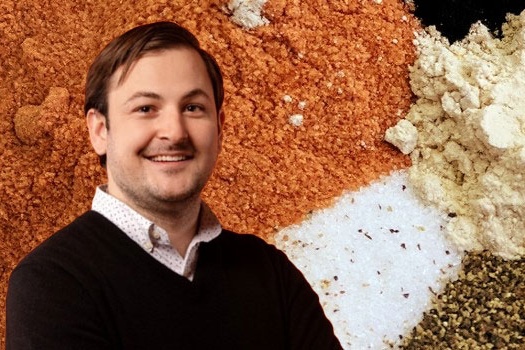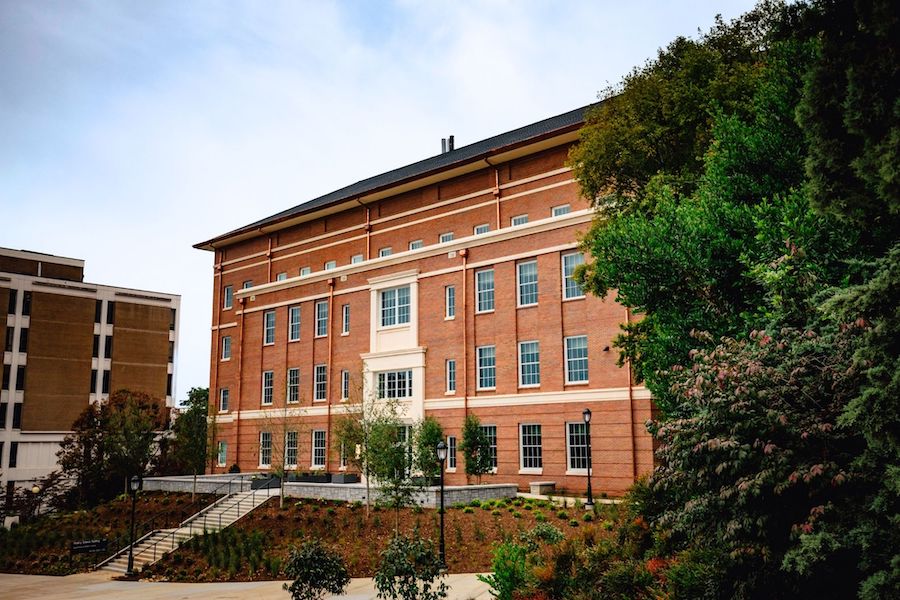 CAES News
CAES News
TBI Treatment
Researchers from the University of Georgia found a new drug that may boost the brain’s ability to heal itself after injury. The discovery could lead to significant advances in treating traumatic brain injuries, or TBIs. There are currently no FDA-approved drugs that directly repair or prevent brain damage following TBI, a major gap in treatment. The compound, called CMX-2043, may help fill that void by increasing the enzymes that play a crucial role in mopping up harmful molecules after injury.

